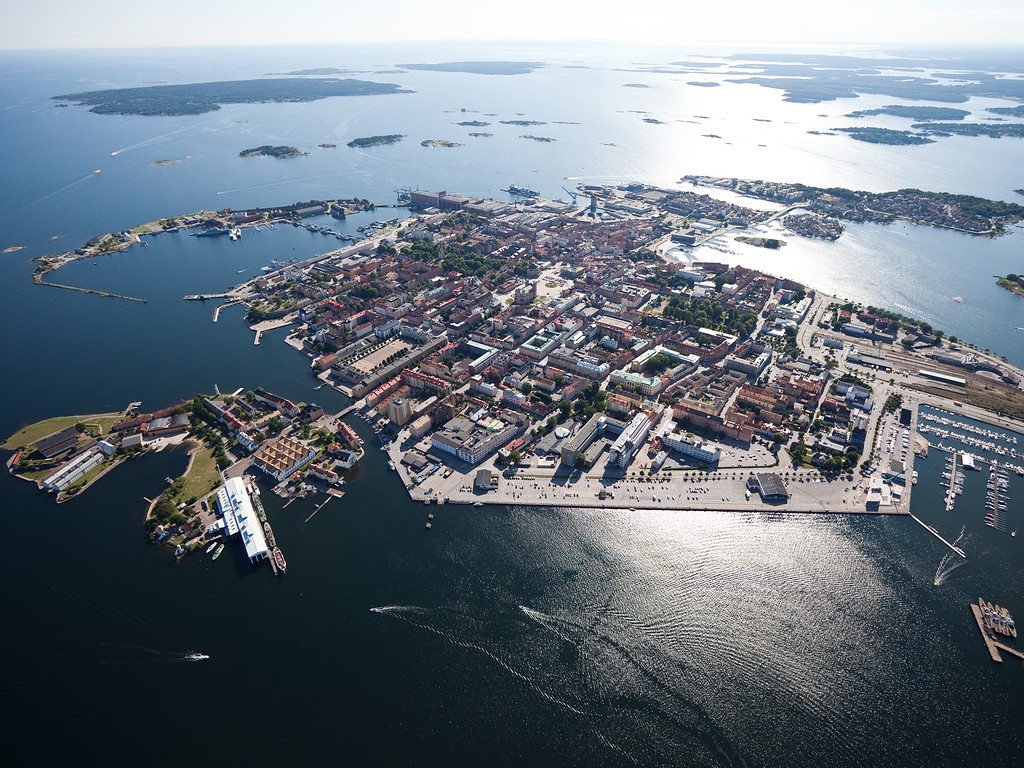The fifth and last Study Visit of TRAM project will take place on 13 and 14 March 2018, in the Marche Region headquarter offices in Ancona (Italy), organized by Marche Region, Lead Partner of the project.
Project partners will have the chance to visit and study the following two good practices, one from Camerino and one from Pesaro:
1. GP04 TWIST “Transport With a Social Target”.
TWIST project (January 2004- June 2007, INTERREG III B Cadses) was oriented towards the promotion of the mobility in underprivileged areas by experimenting Demand Responsive Transport (DRT) systems. The project's objective is the encouragement of the mobility of people and goods from remote to urban areas, the promotion of economic and cultural exchanges in the hinterland and the reduction of the social and economic exclusion of the local population.  The DRT pilot project realized by Marche Region was developed along the territories of the Alto Maceratese, including the Mountain Communities of Camerino.
The DRT pilot project realized by Marche Region was developed along the territories of the Alto Maceratese, including the Mountain Communities of Camerino.
After the conclusion of Twist project the transport company CONTRAM adopted the DRT System for the extra – urban lines in the Province of Macerata. The flexible transport's service is still active and it's also been extended to the Camerino's University and other internal mountain area.
Aim of the Study Visit is to deepen this “Good case of success” generated by TWIST project on DRT system as solution for low-demand areas.
2. GP07 BICIPOLITANA “Urban bicycle trail of the City of Pesaro”
The “Bicipolitana” concept (Urban cycle paths) has been launched in 2005 with the delivering of the City “Plan of the cycle paths” aiming to improve the bicycle circulation in city. It has introduced the necessity to plan the cycle lanes in relation to the location of “zones 30” in the urban area. Later, in 2010 the “Plan of the cycle paths” has been updated to complete the already existing cycle paths in relation to the town-planning changes occurred during the last few years in the city.

To the current state, the bicycle routes network of the city has a total extension to approximately 85 km. The primary cycling network is constituted by 14 bicycle and pedestrian trails, called “lines”, detectable in radial and tangential routes.
The radial routes link the city center with suburban neighborhoods and are identified by numbers; the tangential routes run in parallel to the coast and are identified by letters.
The secondary cycling network links the nodes of the primary cycling network to the main areas and services of neighborhoods.
The success of Bicipolitana is related to the participation of citizens. Usually the project starts with a comparison activity with traders associations and residents, all in synergy with the neighborhood council. There are also specific councilors’ committees who give opinions on the intervention.
In addition, on 15 March 2018, the third and last Interregional Thematic Workshop (ITW) foreseen within the project will take place in Ancona. The focus will be on Smart technologies and Intelligent Transport Systems (ITS) as key enabler for urban mobility.
A group-work activity will be supervised by TRAM project Interregional Team of Regional Experts, with the aim of analyzing criteria for replicability of the presented GPs and solutions.


